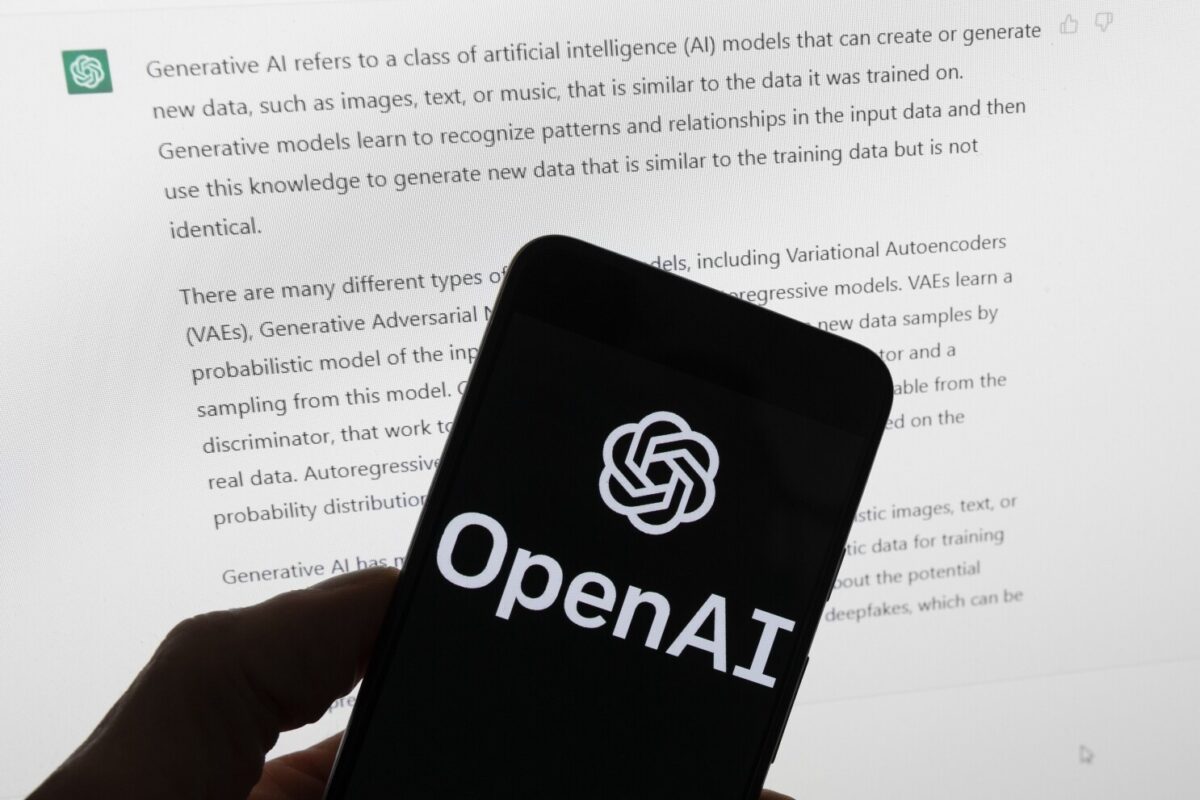Artificial Intelligence (AI) has been making significant strides in various industries, and the legal sector is no exception. As technology continues to evolve, the integration of AI in the process of lawmaking is becoming increasingly apparent. From drafting legislation to analyzing legal precedents, AI is poised to revolutionize the way laws are created and interpreted. Here’s how AI will contribute to the legal lawmaking process:
1. Data Analysis and Research:
One of the most significant advantages of AI in lawmaking is its ability to process and analyze vast amounts of data efficiently. AI-powered algorithms can sift through legal documents, statutes, and case law to identify relevant precedents and patterns. This capability streamlines the research process for lawmakers, allowing them to make more informed decisions based on comprehensive data analysis.
2. Drafting Legislation:
AI can assist lawmakers in drafting legislation by generating initial drafts based on predefined parameters and objectives. Natural Language Processing (NLP) algorithms can analyze existing laws and legal language to generate accurate and coherent drafts quickly. This automation accelerates the legislative process and reduces the likelihood of errors or inconsistencies in the final text.
3. Predictive Analytics:
AI can provide lawmakers with predictive analytics to forecast the potential impact of proposed legislation. By analyzing historical data and trends, AI algorithms can predict the likely outcomes of different policy options, helping lawmakers make more informed decisions. This predictive capability enables lawmakers to anticipate the potential consequences of new laws and adjust their approach accordingly.
4. Legal Compliance and Enforcement:
AI-powered systems can assist in monitoring legal compliance and enforcing regulations more effectively. By analyzing vast amounts of data in real-time, AI algorithms can identify potential violations of laws and regulations and alert relevant authorities. This proactive approach to compliance monitoring helps maintain law and order while minimizing the burden on regulatory agencies.
5. Improving Access to Justice:
AI can enhance access to justice by providing automated legal assistance to individuals who cannot afford traditional legal services. Chatbots and virtual legal assistants powered by AI can answer common legal questions, provide guidance on legal procedures, and help users navigate the legal system more effectively. This democratization of legal information empowers individuals to exercise their rights and seek redress for legal grievances.
6. Enhancing Efficiency and Accuracy:
Overall, the integration of AI in legal lawmaking processes enhances efficiency and accuracy across the board. By automating repetitive tasks, reducing manual errors, and providing data-driven insights, AI enables lawmakers to focus their efforts on more strategic and high-level decision-making. This efficiency gains result in a more responsive and adaptable legal system capable of addressing complex societal challenges.
In conclusion, AI holds immense potential to transform the legal lawmaking process by enhancing efficiency, accuracy, and accessibility. By leveraging AI-powered tools and algorithms, lawmakers can streamline research, draft legislation, predict outcomes, ensure compliance, and improve access to justice. As AI continues to evolve, its role in shaping the legal landscape will only become more pronounced, ushering in a new era of innovation and progress in lawmaking.
Equipo T2S1.

